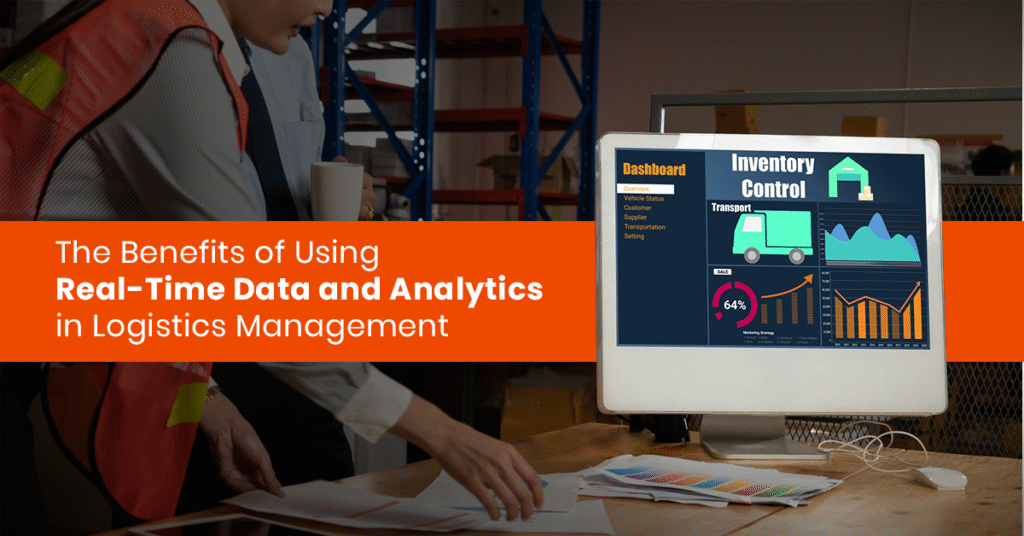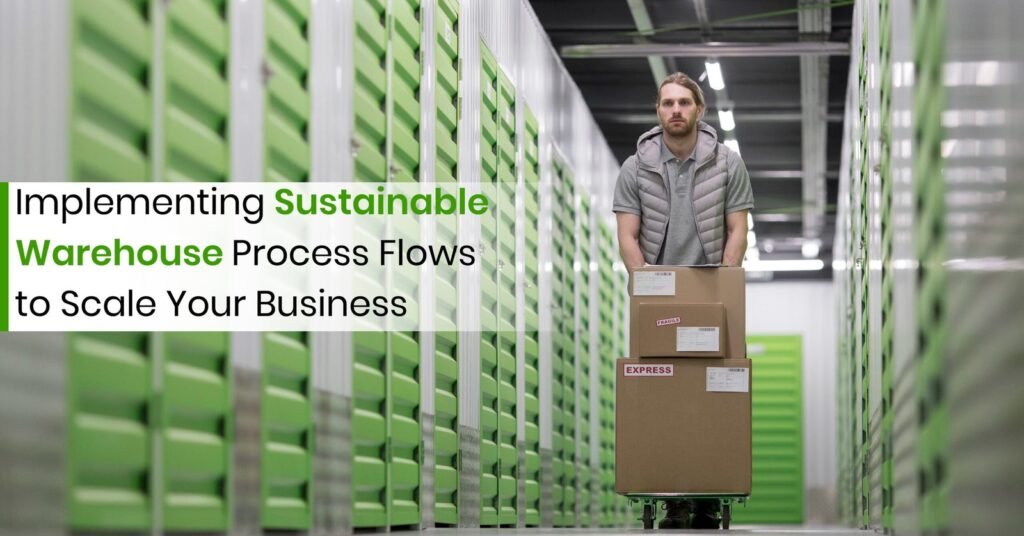Real-time data and analytics are crucial for effective logistics management, especially when it comes to order fulfillment solutions in India. With real-time data, organizations can quickly identify issues and make informed decisions based on current and accurate information. For example, if a shipment is delayed, real-time data and analytics can help identify the root cause and enable organizations to take corrective action immediately. This can help to prevent further delays and reduce costs associated with shipping and transportation.
Additionally, real-time data and analytics can be used to make data-driven decisions, enabling organizations to optimize their supply chain processes and reduce waste. By leveraging real-time data and analytics, organizations can make better decisions that lead to improved efficiency, reduced costs, and enhanced customer satisfaction.
Benefits of using real-time data and analytics in logistics management
- Improved Visibility: Real-time data and analytics can provide real-time visibility into inventory levels, transportation times, and delivery status. For example, if a shipment is delayed, real-time data and analytics can help identify the root cause and enable organizations to take corrective action immediately. This can help to prevent further delays and reduce costs associated with shipping and transportation.
- Better Decision Making: Real-time data and analytics can be used to make data-driven decisions, enabling organizations to optimize their supply chain processes and reduce waste. For example, by analyzing real-time data on transportation routes and conditions, organizations can make informed decisions on the most efficient transportation routes, reducing transportation costs and improving overall supply chain efficiency.
- Enhanced Efficiency: Real-time data and analytics can help organizations to streamline their operations and improve efficiency. For example, by monitoring real-time data on inventory levels and demand, organizations can adjust their production schedules to ensure that they have the right products in stock at the right time, reducing waste and improving efficiency.
- Improved Customer Satisfaction: Real-time data and analytics can help organizations to provide better customer service by providing real-time updates on the status of shipments and delivery times. This can help to enhance the customer experience and improve customer satisfaction.
Challenges of Implementing Real-time Data and Analytics in Logistics Management
- Data Quality Issues: Real-time data and analytics rely heavily on the quality of data being collected. Some of the common data quality issues include a lack of standardization across data sources, incomplete or inaccurate data, and challenges with integrating data from different sources.
- When it comes to order fulfillment solutions in India, organizations may face several technical challenges in implementing real-time data and analytics. These challenges include building a robust IT infrastructure that can support data storage, processing, and analytics capabilities.
- Organizational Challenges: Implementing real-time data and analytics requires organizational changes to ensure that the right stakeholders have access to the data and are empowered to make data-driven decisions. This may require significant changes to existing workflows, processes, and culture, which can be challenging to implement.
- Cost and Resource Constraints: Implementing real-time data and analytics requires significant investments in technology infrastructure, software tools, and personnel. Organizations may face budget constraints or a lack of skilled personnel, which can hinder the successful implementation of real-time data and analytics.
Conclusion
Organizations that want to improve their logistics management processes and stay ahead of the competition should consider implementing real-time data and analytics. By leveraging the power of real-time data and analytics, organizations can improve their visibility, make better decisions, and optimize their operations.
Are you looking to improve your logistics management processes and stay ahead of the competition? Look no further than Shift.
Shift is designed to help organizations overcome the challenges of implementing real-time data and analytics in logistics management.























